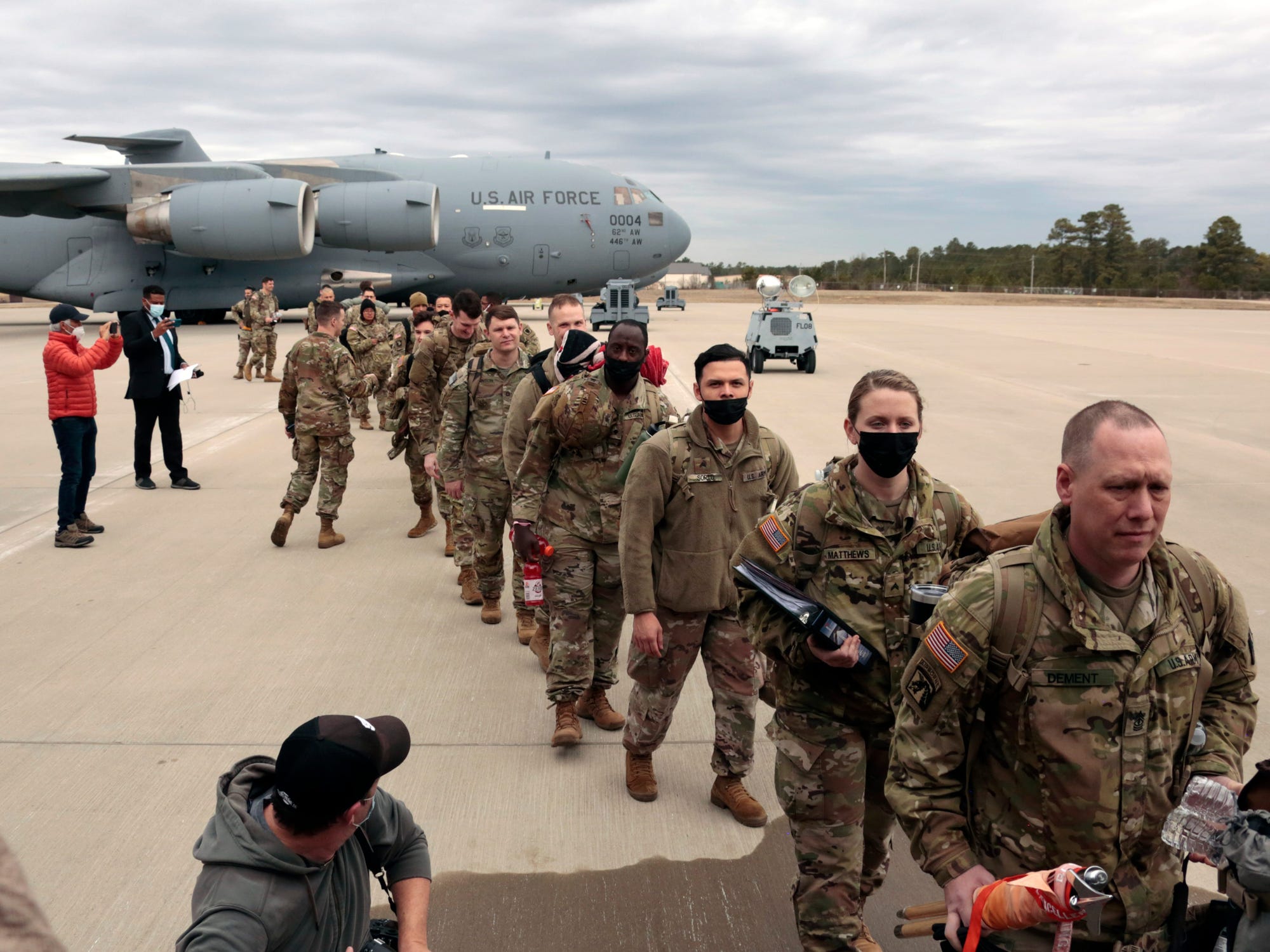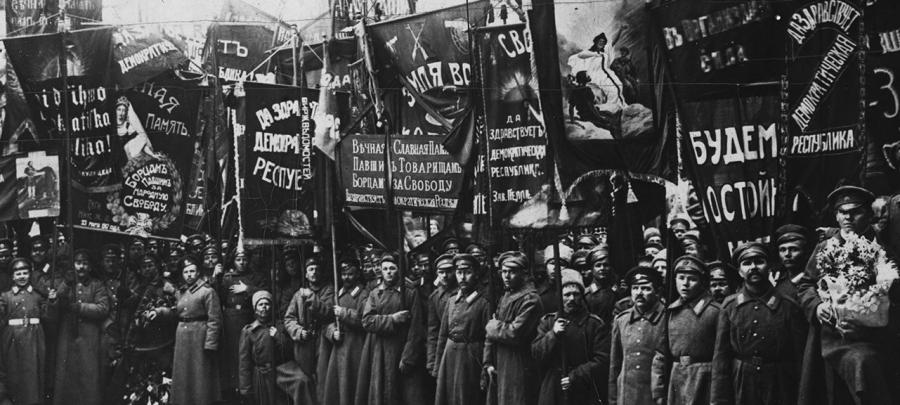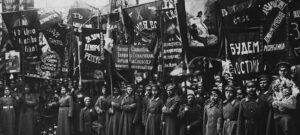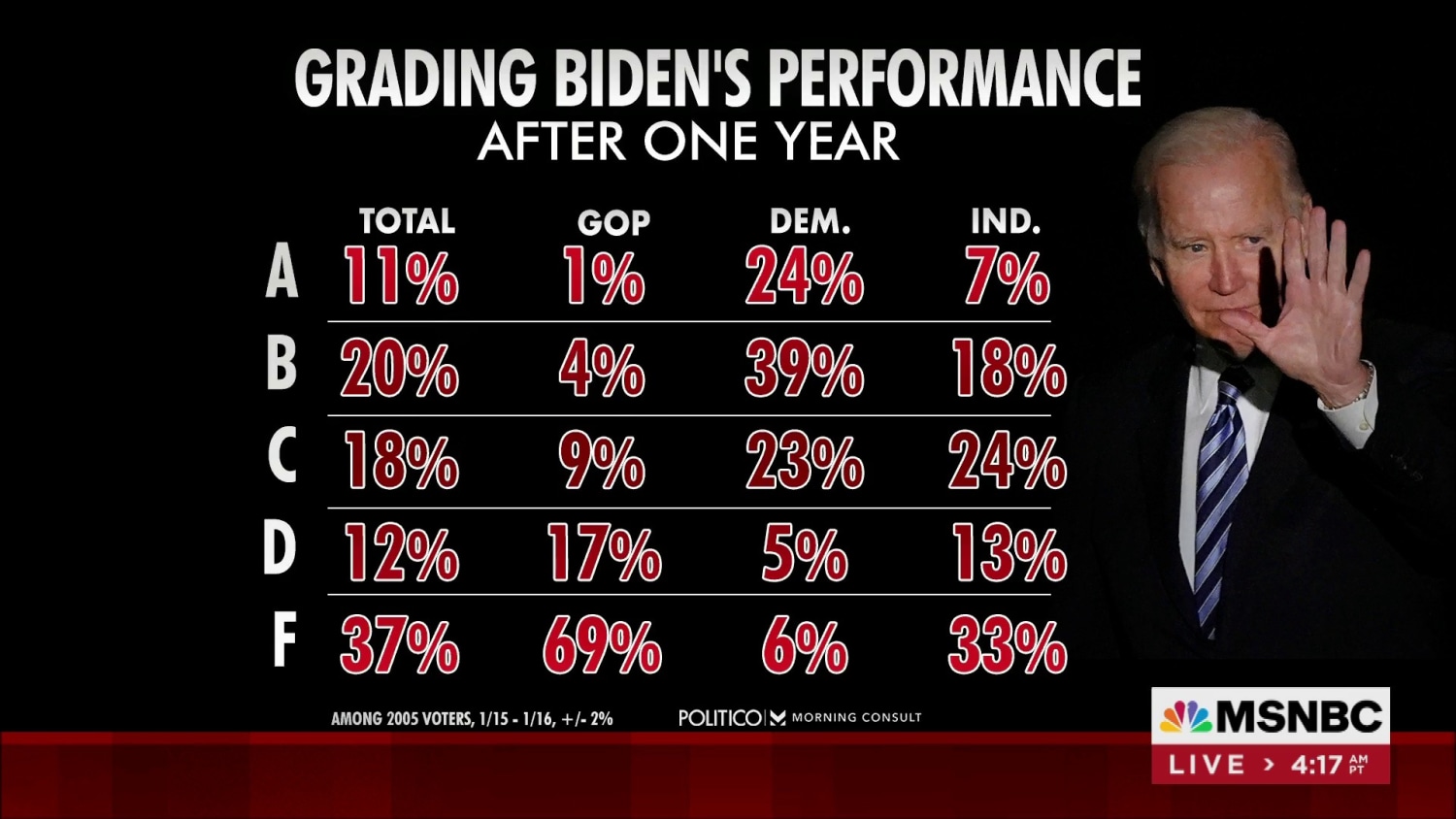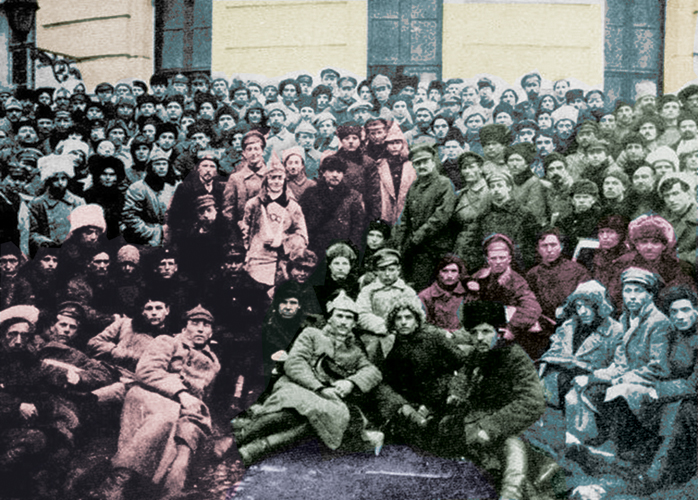
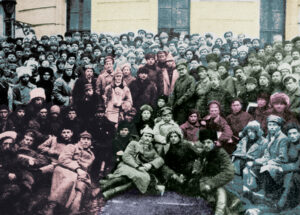
Eric Blanc’s reply to my review of his book,i titled “Leninist Can’t Explain the Russian Revolution” (later changed to “Can Leninists Explain the Russian Revolution?”),ii makes it appear as if I dealt primarily with the Russian Revolution. But that is not so. To the extent that I deal with a revolution, it is primarily with the Finnish Revolution, because Blanc presents it in his book as his model socialist revolution. My review focuses, instead, on what I believe is the central point of disagreement between Blanc and myself, namely, Blanc’s efforts to replace the classical revolutionary Marxist model followed by Lenin and by Rosa Luxemburg that holds that the ruling class could not be expected to surrender its power peacefully. It is a model that therefore calls for Marxists, regardless of their specific conceptions of the revolutionary role of the socialist parties, to actively organise and prepare, strategically and tactically, to confront the violence of the ruling classes. Blanc argues for an alternative model based on a neo-Kautskyan approach that focuses on parliamentary activity and assumes that the revolution will happen without the purposeful revolutionary preparation and agency of its flesh and blood participants. To replace that classical model with a neo-Kautskyan approach is, to my mind, the equivalent in Cuban parlance of “swapping a cow for a goat” (cambiar una vaca por un chivo).
I refuse to speculate on comrade Blanc’s motivation to label me as a Leninist, although I am surprised he does it, since I know he is familiar with my book Before Stalinism. The Rise and Fall of Soviet Democracy, which did not get good reviews from Leninists, including comrades and friends. Be that as it may, I take no offence at being called a Leninist (or a Luxemburgist, Trotskyist or Gramscian). While I certainly don’t lose any sleep over this particular matter, if I was asked what I would call my politics, I would respond by calling myself a “democratic revolutionary socialist”, which, in my view, is an expression of the concept of socialism from below.
What makes a Marxist party a revolutionary party?
In his reply, comrade Blanc continues to sideline the single most important issue of my review: my insistence that Marxist theoretical orthodoxy does not by itself make a revolutionary party. As I argue in said review, to qualify as revolutionary, a party must also be a combat-oriented party both in strategic and tactical terms. That does not mean that revolutionary parties do not have to adjust to changing developments in the course of a revolutionary situation, as was the case, for example, of the defensive position that the Bolsheviks temporarily found themselves in during the 1917 “July Days”, a failed uprising that they were compelled to support, in spite of their misgivings, after it had broken out in the open. However, those common political ups and downs of any revolutionary process do not invalidate the fact that the overall Bolshevik revolutionary activity followed the political direction stipulated earlier by Lenin in his April Thesis, to focus the struggle on taking over the government and replacing a parliamentary republic with a “Republic of Soviets”.
Compare that, as I do in my review, with how the “good Kautsky”—the Kautsky before 1910, who Blanc looks up to—measures as a revolutionary leader. Although he did allow for the possibility of a violent resistance by the ruling class to defend their power, it is nevertheless clear that he expected a peaceful transition to socialism based on the considerable growth of a highly organised working class in Germany. That, in the context of what Massimo Salvadori described in his Karl Kautsky as his Darwinian evolutionism, led him to a particularly organic, non-dialectical view of the “inevitability of socialism”. This ideology was conducive to the organisational conclusions that he formulated in The Road to Power (1909), his single most important work addressing the issue of the overthrow of capitalism: “The Socialist party is a revolutionary party, but not a revolution-making party … It is not part of our work to instigate a revolution or prepare the way for it …” In light of the abstentionism of the “good Kautsky”, one wonders what he would have told a Russian revolutionary to do confronting, in August of 1917, general Kornilov’s attempted right-wing coup against the Provisional Government. It was the armed intervention of working-class militants led by the Bolsheviks that made all the difference, not only by preventing the success of the coup, but also by dramatically increasing the political influence of the Bolshevik Party in the Soviets, thus laying the basis for the latter’s victory in October. This is a clear example of what preparing for a revolution is about, a task to which the “good Kautsky” was, at best, indifferent.
This does not mean, as Blanc claims, that I am proposing that there is only one socialist strategy and tactics that applies to every situation or, as he puts it, to “an autocracy, a semi authoritarian parliamentary regime, or a democratic capitalist state”. I am well aware that political strategies and tactics must vary not only among the three different systems Blanc mentions, but also among different kinds of democracies and dictatorships. I am intimately aware of this issue since I follow Cuban politics very closely and actively collaborate with La Joven Cuba, the most important blog of the critical Cuban Left. (I am a member of its Advisory Board.) The political situation in the island could not be more difficult for a left-wing critic or oppositionist, and is radically different from what leftist oppositionists face in capitalist parliamentary democracies. For example, approximately 1,300 people were arrested during the spontaneous popular, and heavily Black, demonstrations on 11 July of last year. Many of those arrested received sentences of up to a year in prison, but some two hundred of them have been threatened with heavy prison sentences ranging from 5 to 30 years for demonstrating in the streets, or at most for some destruction of property, since the demonstrations were, for the most part, peaceful. The critical Left in Cuba which, like all critics and oppositionists in the island, has zero access to the government-controlled mass media (radio, television and newspapers), has supported the demonstrations while making crystal-clear their principled opposition to the US economic blockade of the island. Over the long run, this critical Left is aiming at a thorough democratisation of Cuban society while, at the same time, opposing any outside foreign intervention in Cuban affairs.
However, I do argue in my review that, even though neither socialism nor revolution are on the agenda or in the political horizon of the US, it is highly unlikely that the ruling class will accept a peaceful transition to socialism, and that, long before that happens, capital will likely dismantle the democratic system at the mere threat of losing its power. That is what the right-wing sectors of the ruling class are already trying to accomplish in the face of the comparatively much less threatening challenge to its political and economic power. They are implementing this through a wide battery of measures aimed at restricting voting rights and eliminating vote counting safeguards, and by adopting new gerrymandering measures to limit the political influence of racial and minority groups and white liberals, while propelling a vicious anti-immigrant agenda to make sure the narrowing 58 percent white majority does not soon become a minority. The likely future economic, ecological and political crises will encourage future US governments to increasingly turn to “exceptional” undemocratic measures. That is what makes it necessary for socialists in the US to develop a long-term strategy that prepares them to confront those critical turning points in the future.
Defensive politics of Blanc’s revolutionary model
Blanc takes a particular offense to my characterisation of his politics as a defensive politics, which as I argue in my review, is closely related to what I regard as the absence of a combat perspective in his analysis of what he calls “revolutionary social-democratic” parties. He fails to mention, however, that he was the one to introduce that concept in his book when he stated that the “October Revolution itself was also a ‘defensive revolution’ and the Bolsheviks similarly cast their politics in defensive terms” (p. 313). In my review I refute Blanc’s “defensive” characterisation of the Russian Revolution by pointing out that the overall Bolshevik revolutionary policy from at least April to November 1917 was strategically and tactically oriented towards what Lenin referred in his April Thesis, as overthrowing the government and replacing it with a republic of Soviets. This was not only Lenin’s position: by the end of April, the party’s seventh all-Russian conference overwhelmingly approved his call for “all power to the Soviets”.
But the fact remains that Blanc does follow a defensive politics when he uncritically states that it was the semi-authoritarian political context that prevailed in the Germany of Kautsky’s time that led the SPD to adopt a strong educationalist ethos with an emphasis on building an organised proletarian subculture and patiently spreading the “good word” of socialism, rather than promoting risky mass actions or winning immediate parliamentary reforms. He then goes on to celebrate the German SPD for having amassed one million members and for having built a dense subculture based on proletarian political, social and cultural associations, without uttering one word on how these institutions might have ended functioning as agents of working-class adaptation rather than as fighting class instruments. Neither does he write a single word regarding the bureaucratisation of the party and its unions and of their fundamentally anti-democratic practices (described in detail in Robert Michel’s Political Parties) and increasingly conservative politics (pp. 90-91).
Blanc is, in fact, describing and defending an SPD that was not a revolutionary party (as analysts outside the Left at that time, such as Max Weber, had pointed out). Yet, he writes, without questioning the implications, that Kautsky, along with other “revolutionary social democrats”, argued that the persistent promotion of proletarian education and collective association was revolutionary in itself, as long as it was consistently linked to the assertion of the party’s end goals (p. 56). This assertion of final goals is, unfortunately, not very meaningful unless those goals are continuously nourished by the daily militant practice of party members and the working class.
Class independence
In the absence of a revolution of a revolutionary situation in the US, revolutionaries get involved in the struggle for reforms. But, in a different manner from that reformists use for reform: they insist, as I argue in my review, on preserving the independence of the working class and the oppressed groups involved in the struggle by opposing their collaboration with the state and with the employers that, in the end, might become an obstacle in their future struggles. That is why revolutionaries hold that unions cannot concern themselves, and much less guarantee, the profitability of the enterprises for which their members work. That includes participating in co-management schemes with employers, which, in practice, involves accepting responsibility without getting any power in decision making and compromising in the process the unions’ organisational independence.
Blanc rejects my conception of class independence calling it an “extreme degree of political independence”, which, in a previous exchange on Facebook, he called an “extreme degree of class intransigence”. If by “extreme” or “intransigent” he means my standing against making concessions on the independence of the working class to the political and economic powers, I plead guilty to that. The problem is, he never explicitly states what class independence means to him. He seems to imply, by omission, that, for him, class independence is relevant only in relation to the state; on the independence from the ruling class he doesn’t say anything. That is what I think allows him to support political campaigns regardless of their relationship of the ruling classes, or sectors thereof, that back them.
But what he also does is that he uses what he labels as my “extreme” position on class independence to portray me as a sectarian who opposes all political campaigns that are not “revolutionary”. He is wrong. I celebrated Boric’s victory in Chile, which I see as an achievement of a mass democracy movement that also elected the current Chilean Constitutional Convention. I don’t know what Boric might do once he takes office, but what is undeniable is that, in the two electoral rounds, he defeated the other candidates supported by, and connected with, the Chilean ruling classes. Like Comrade Blanc, I was also thrilled when Jeremy Corbyn was elected as leader of the British Labour Party because he was a prominent left-wing leader of that party, an organisation that is still organically tied to the working class as shown by the major role that the British unions play inside it.
However, the political campaigns of Boric and Corbyn differ from Bernie Sanders campaign. Not because Sanders’ domestic programme has been more or less radical than Boric and Corbyn’s; or because Sanders has more or less political integrity than them. The real difference lies in the Democratic Party, to which Sanders has, unfortunately, tied himself hand and feet, a party that is organically tied to major sections of the US capitalist class—although I understand and respect the many young radicals who have been attracted to Sanders. The Democratic Party is not even a real party with a real membership—even though Sanders won over twenty state primaries in the 2016 elections, he did not end up, as a result, controlling a single one of the Democratic parties in those states. It, rather, functions as an electoral committee mostly dependent on the money it gets from ruling class circles from Silicon Valley, Hollywood and most of Wall Street firms, among others. Along with the Republican Party, it is a quasi-legal entity with immense powers to establish the electoral rules that insure their permanent control. As these lines are being written, Democratic and Republican politicians are playing a major role in the congressional redistricting in a large number of states.
The Finnish Revolution
Comrade Blanc proposes the revolution led by the Finnish Social-Democratic Party in 1918, as the model to be emulated by revolutionary socialists. As I previously noted, this is why my review focuses on this revolution. Based on what Blanc himself wrote about it, and on the work of Finnish social scientist and historian Risto Alapuro (State and Revolution in Finland, Haymarket Books, 2019), and of the late Finnish social activist Pekka Haapakosi, I concluded in my review that the politics that informed the practice of those Finnish social democrats, the left-wing included, was a “defensive” politics that did not rise to the challenge of taking power when that was feasible.
After the February 1917 revolution in Russia, when Finland—then a part of what had been the Tsarist Empire but was granted a considerable degree of political autonomy—was left without an army and police, the SDP did come to power, although in coalition with the bourgeois parties, having adopted a position to the right of Karl Kautsky, who had at one time criticised French socialist leader Millerand for entering the same type of coalition government in France. The Finnish SDP was, however, expelled from the Finnish ruling coalition by the Russian Provisional government, who, in addition, dissolved the government. This opened the door to a process of mass radicalisation that grew when the new elections that were called by the Russian Provisional government in October 1917, resulted in a narrow loss for the SDP, that insisted that the elections were illegal and that their defeat had been the result of electoral fraud, although, according to Risto Alapuro, the SDP narrow loss may have also been due to the party’s decision to limit their campaign to the issue of national independence from Russia and say little about its social objectives, an approach consistent with its defensive politics and methods (p. 147).
Mass radicalisation escalated when the newly elected right-wing government went into the offensive, disarming the worker-guards that had been put in place in September 1917 with the consent of the SDP party and trade-union leaders as a concession to the more radical Finnish elements in the context of the growing political agitation exacerbated by a worsening food shortage. At the same time, upper-class forces began to develop their own paramilitary forces, officially recognised as government troops in January 1918, as the right-wing was extending its power (Risto Alapuro, p. 156).
It was at the high point of revolutionary agitation and strength, when workers had assumed power disarming and arresting the local authorities, and controlling, through the strike committees they instituted, the acquisition and distribution of food supplies (Pekka Haapakoski, “Finska Klasskriget 1918” Internationalen, #5-7, 1974, translated from the Swedish by Hannu Reime), that the SDP leadership, unable to reach agreement on seizing power, called instead for a general strike on 14 November 1917. The general strike was very successful, and, even then, the party leadership remained reluctant to seize power. Although Blanc acknowledges that the SDP decision to not take power at that time allowed the bourgeois forces to build up their own troops in the following two months leading up to their defeating the revolution, he nevertheless is noncommittal on the SDP’s decision not to seize power at that moment, insisting that “there was no way of knowing during the general strike whether a more favourable moment for taking power might subsequently present itself” (p. 144). This is a point that an outside observer may make after the fact. But, for those involved in the struggle informed by the perspective of seizing power, the decisive question was whether there was a reasonable chance for the revolutionary forces to prevail in November or whether that would have been premature, if not suicidal to attempt to do so.
As it happened, it was only months later, in January 1918, when the strength of the revolutionaries had considerably diminished, that the SDP leadership chose the revolutionary option. Yet, even then, their defensive political outlook prevented them from giving the necessary attention to the military preparations and operations required to win against the Finnish Whites. Instead, they decided to concentrate their efforts on administering the newly won territories of Helsinki and southern Finland (Alapuro, pp. 157-8) instead of trying to take over the whole country. So, the Finnish Whites won. It might be, as Blanc argues, that the powerful military intervention of the Germans in Finland, which started by providing aid to the Finnish Whites and was followed by German troops landing in the southern coast and marching into Helsinki in April of 1918 (Alapuro, p. 160), would have brought down the revolution had it won. But it was the defensiveness, lateness and hesitation of the “revolutionary social-democratic” Finns that hindered the revolution’s chances. Revolutionaries are often compelled to act defensively, but a strategy of defensive politics is fatally flawed in the context of a revolutionary upsurge where defensiveness means doing too little and too late, and, more importantly, not acting to win.
Blanc’s “Tensions and Difficulties”
Towards the end of his critique of my review, comrade Blanc writes about what he calls “the tensions and difficulties” of the democratic-socialist push to overturn capitalist rule. He mentions two “difficulties”: one, the vastly unequal power resources of different classes”, a point with which I agree; and two, “the contradictory openings and obstacles [of] parliamentary rule under capitalism”, which suggests to me that his political strategy is primarily centred on parliament (i.e., Congress) as the arena of struggle for the American Left.
However, if the main strategic task for the American Left is to change the existing relation of forces in society, Congress (the American parliament) cannot be the main arena of struggle. It is not changes in congressional politics that changes the relations of forces in society, but it is those changes, if they do occur and are successful, that are reflected in Congress. What changes the relation of forces are social mass movements that disrupt business as usual.
Less than two years ago, the Black Lives Matter movement erupted into the streets of America in what became the largest and longest lasting demonstrations witnessed in this country. This movement had a substantial impact on the social and political climate of race relations in the USA. It was able to do so because it disrupted business as usual in this country. Similarly, it was the massive disruptions that the Civil Rights Movement created in American cities from 1963 until the end of that decade that brought about the victories represented by the Civil Rights and Voting Rights Acts in 1964 and 1965. It is worth noting that it was Republican Senate minority leader Everett Dirksen who, in cooperation with liberal and moderate Democratic senators, broke the filibuster with which the white racist Southern Democratic senators tried to kill civil rights legislation. Besides electoral considerations, Dirksen and the Republicans did that because of their fear of unrest and instability in the US. One of the challenges of the US Left today is to use those proven methods of mass disruption to combat the national reactionary offensive to dramatically reduce voting rights and most ominously sharply reduce existing guarantees that votes will be counted as they are cast. The current attacks on voting rights and the Biden Administration’s failure to do anything to protect undocumented immigrants calls for the renewal of mass actions like the massive street demonstrations against immigration restrictions and abuses that took place in the spring of 2006.
In the long term, the union movement must be revived with a focus on helping to bring about a radicalised, anti-bureaucratic multi-racial labour movement that emphasises the development of militant rank-and-file control from below. As we know from historical experience, the development of this new labour movement will depend on what E.P. Thompson called the “conscious minority” of militant cadres to act as the spark plugs for this new labour upsurge.
i https://newpol.org/was-there-a-revolutionary-social-democracy/
ii https://www.historicalmaterialism.org/index.php/blog/can-leninists-expl…
Reposted from Historical Materialism
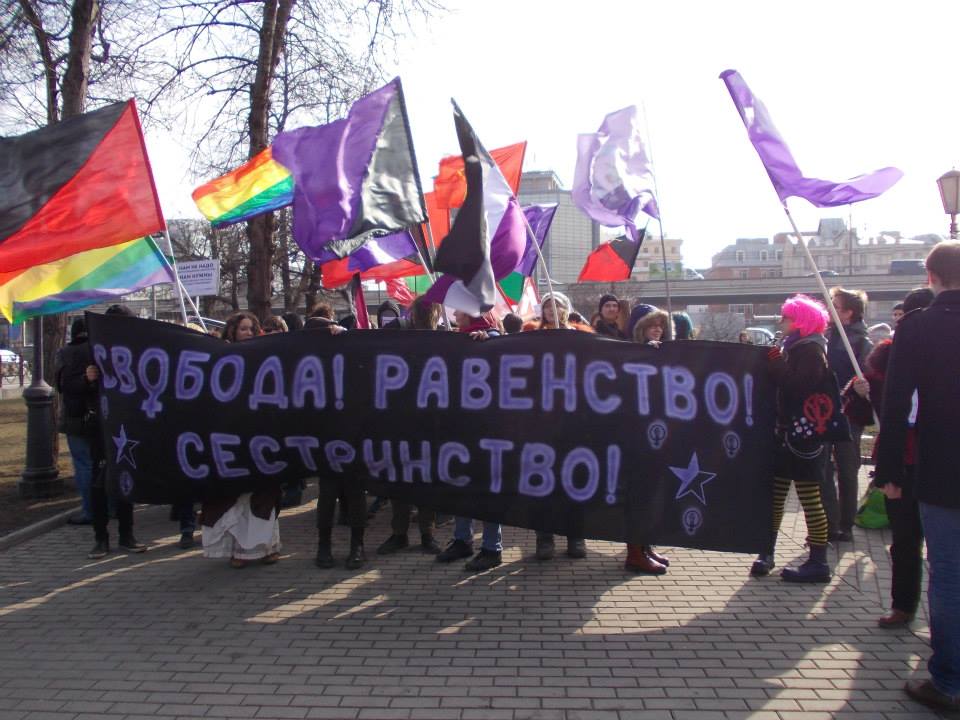
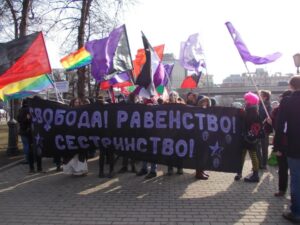 On February 24, at around 5:30 AM Moscow time, Russian president Vladimir Putin announced a “special operation” on the territory of Ukraine in order to “denazify” and “demilitarize” this sovereign state. This operation had long been in preparation. For several months, Russian troops were moving up to the border with Ukraine. At the same time, the leadership of our country denied any possibility of a military attack. Now we see that this was a lie.
On February 24, at around 5:30 AM Moscow time, Russian president Vladimir Putin announced a “special operation” on the territory of Ukraine in order to “denazify” and “demilitarize” this sovereign state. This operation had long been in preparation. For several months, Russian troops were moving up to the border with Ukraine. At the same time, the leadership of our country denied any possibility of a military attack. Now we see that this was a lie.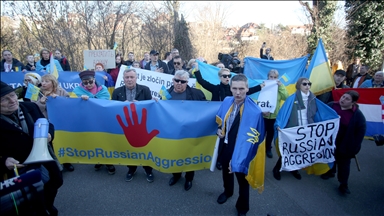
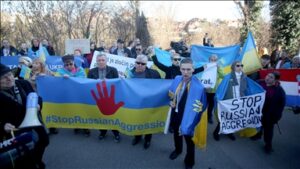
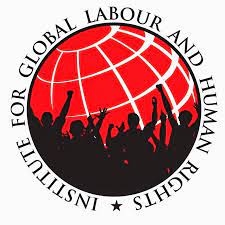




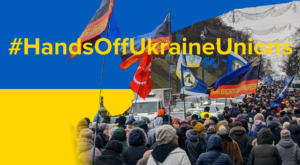

 NYSNA is in solidarity with the people of Ukraine and the Confederation of Free Trade Unions of Ukraine in calling for an immediate withdrawal of Russian troops from Ukraine and a peaceful, diplomatic solution to this international crisis.
NYSNA is in solidarity with the people of Ukraine and the Confederation of Free Trade Unions of Ukraine in calling for an immediate withdrawal of Russian troops from Ukraine and a peaceful, diplomatic solution to this international crisis.
 The warlike events taking place in Eastern Europe cannot leave us indifferent. All wars bring their share of innocent civilian casualties and displacement of refugees fleeing bombing and violence. It is established that the Russian invader intends to subject the entire Ukrainian population to its domination and will not tolerate any civil opposition. Lists have been drawn up to subjugate Ukrainian civil society and human and social rights activists, including trade unionists, may legitimately fear for their freedom and security. Today hundreds of thousands of Ukrainians, mainly women and children, have already had to flee their country, and are trying to find refuge in Europe. Reception capacities in neighbouring countries will quickly become saturated and France, like every European country, must open its borders and welcome these refugees in the best possible conditions.
The warlike events taking place in Eastern Europe cannot leave us indifferent. All wars bring their share of innocent civilian casualties and displacement of refugees fleeing bombing and violence. It is established that the Russian invader intends to subject the entire Ukrainian population to its domination and will not tolerate any civil opposition. Lists have been drawn up to subjugate Ukrainian civil society and human and social rights activists, including trade unionists, may legitimately fear for their freedom and security. Today hundreds of thousands of Ukrainians, mainly women and children, have already had to flee their country, and are trying to find refuge in Europe. Reception capacities in neighbouring countries will quickly become saturated and France, like every European country, must open its borders and welcome these refugees in the best possible conditions.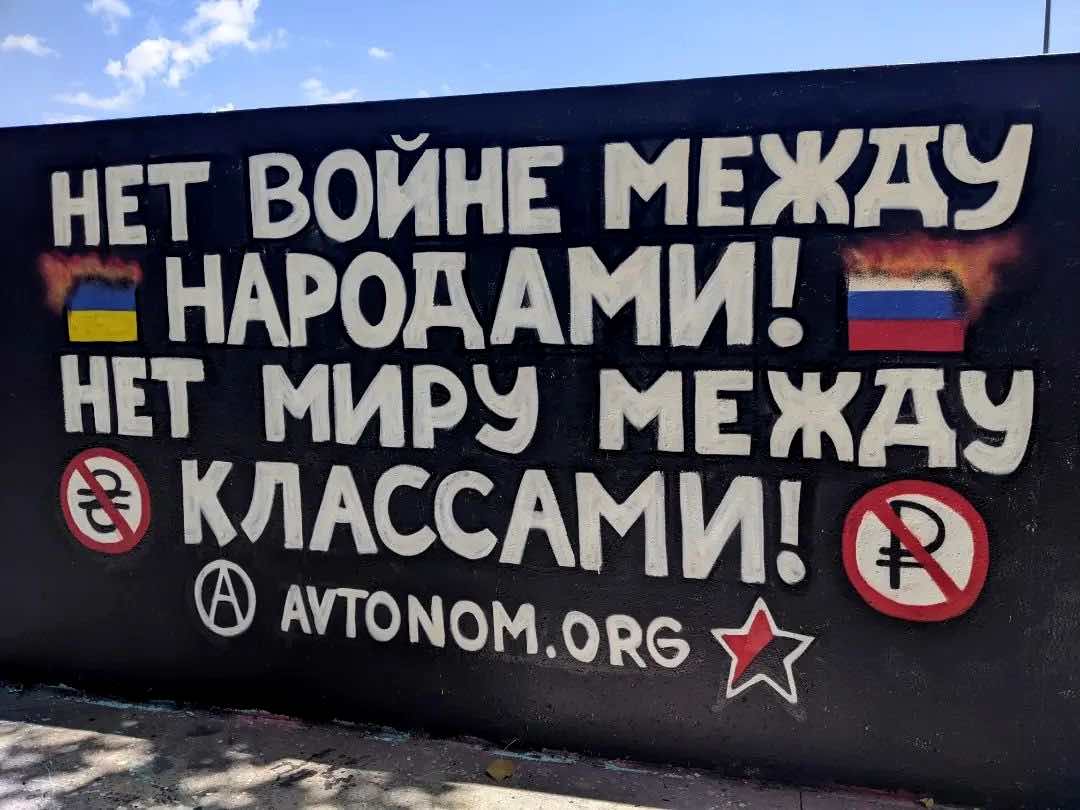
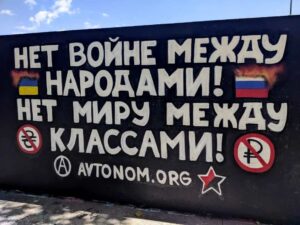
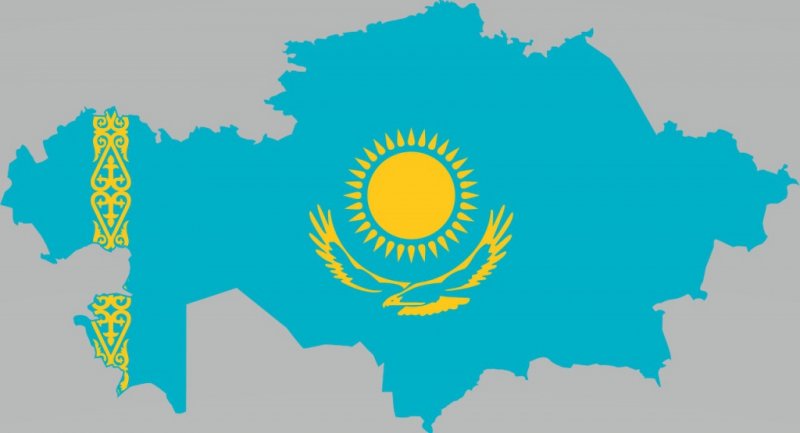
 A Communique from the Confederation of Labor of Russia (KTR)
A Communique from the Confederation of Labor of Russia (KTR)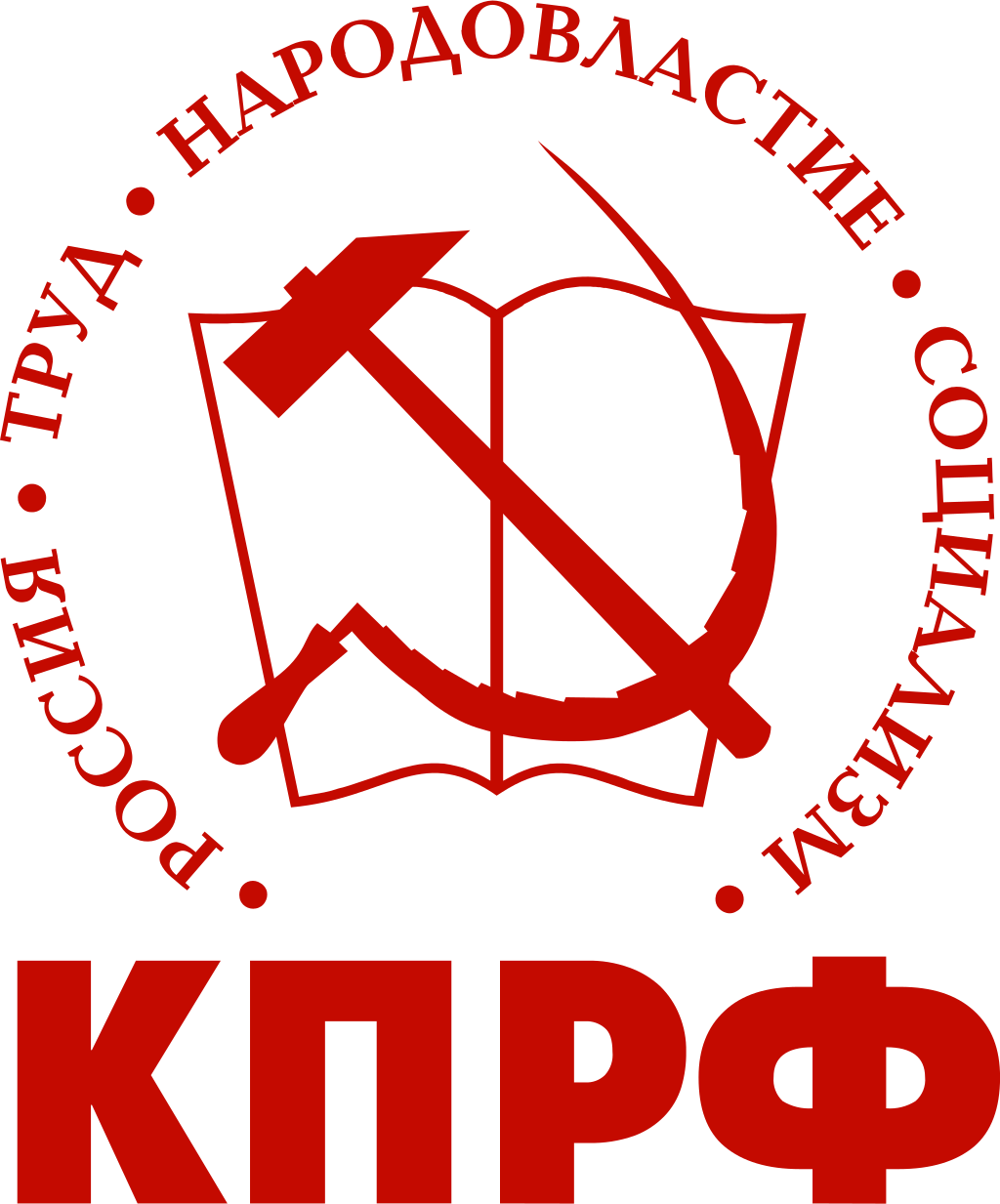
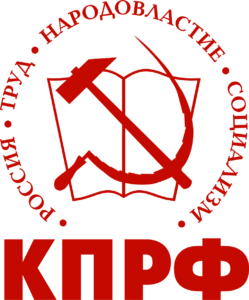 [We at New Politics do not usually publish statements of groups from the Stalinist Communist tradition, such as the Communist Party of the Russian Federation. We have decided to make an exception in this case because this statement comes not only from the CPRF but also from several other left groups. We do so because the CPRF and these other groups have joined together to issue a statement opposing Russia’s war on the Ukraine, and we see this as an important development on the Russian left. — Editors]
[We at New Politics do not usually publish statements of groups from the Stalinist Communist tradition, such as the Communist Party of the Russian Federation. We have decided to make an exception in this case because this statement comes not only from the CPRF but also from several other left groups. We do so because the CPRF and these other groups have joined together to issue a statement opposing Russia’s war on the Ukraine, and we see this as an important development on the Russian left. — Editors]
 transform! Europe is a network of 39 European organizations from 23 countries, active in the field of political education and critical scientific analysis.
transform! Europe is a network of 39 European organizations from 23 countries, active in the field of political education and critical scientific analysis.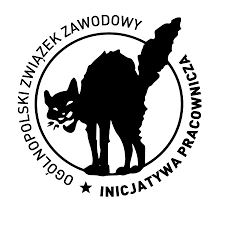

 The Arab and Middle Eastern Journalists Association (AMEJA) Statement in Response to Coverage of the Ukraine
The Arab and Middle Eastern Journalists Association (AMEJA) Statement in Response to Coverage of the Ukraine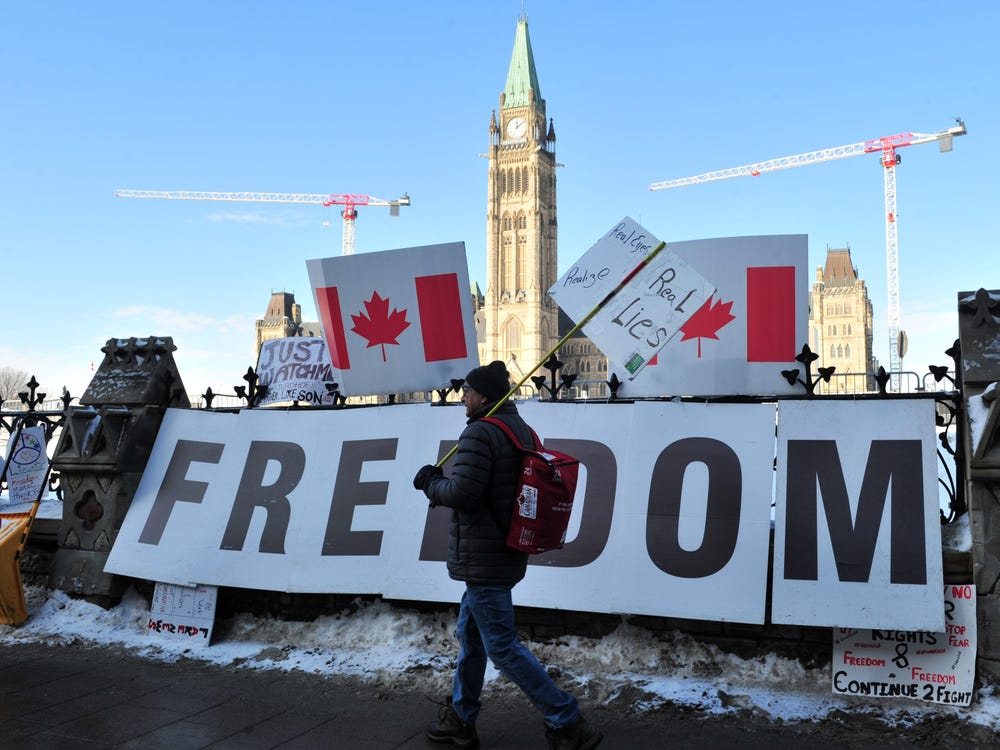
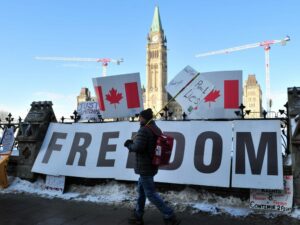

 The Democratic Socialists of America’s International Committee has issued a
The Democratic Socialists of America’s International Committee has issued a 